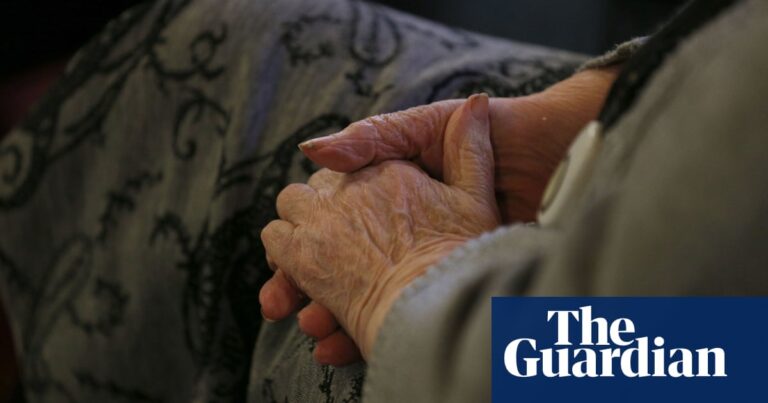
Two men in Haiti were hacked to death by a mob who thought they were buying weapons for gangs, police said Saturday.
Police confirmed the crowd snatched the men from police custody after they were found with about $20,000 (£16,000) and the equivalent of about $43,000 in Haitian cash in their car, along with two pistols and a box of ammunition.
Carrying that amount of cash was considered suspicious, and residents assumed it was a weapons purchase for the gangs.
The killings happened Friday in a town near the provincial city of Mirebalais. Police appeared to fire warning shots into the air to try to prevent the killings, but the mob killed them anyway. One of the victims was a police officer and the other was a former guard, according to their identification documents.
The killings underscored how outnumbered police are in Haiti, and the anger of Haitians after months of murders, kidnappings and armed attacks by the country’s gangs.
In the last month, gangs have been targeting key infrastructure across the capital, Port-au-Prince, including police stations, the main international airport which remains closed, and Haiti’s two biggest prisons, releasing more than 4,000 inmates.
On Thursday, William O’Neill, the UN rights expert for Haiti, said the conflict-wracked Caribbean nation now needs between 4,000 and 5,000 international police to help tackle “catastrophic” gang violence, which is targeting key individuals and hospitals, schools, banks and other critical institutions.
In 2023, the number of people killed and injured as a result of gang violence increased significantly, with 4,451 killed and 1,668 injured, O’Neill’s report said. This year, the numbers continue to climb, with 1,554 killed and 826 injured as of 22 March.
As a result of the escalating gang violence, so-called “self-defence brigades” have taken justice into their own hands, the report said, and “at least 528 cases of lynching were reported in 2023 and a further 59 in 2024”.
Source: theguardian.com


















